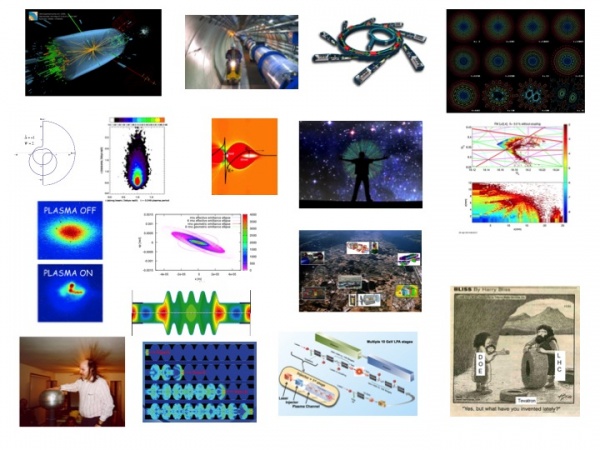Difference between revisions of "USPAS spring 2023"
From CASE
| Line 40: | Line 40: | ||
==Course Content== | ==Course Content== | ||
| − | The course will start with a description of Hamiltonian and non-Hamiltonian processes in particle accelerators. Examples of beam invariants, cooling decrements and diffusion processes will be discussed. Four cooling methods - classical electron cooling, stochastic and optical stochastic cooling, and coherent electron cooling - and their applications will be presented in detail. | + | The course will start with a description of Hamiltonian and non-Hamiltonian processes in particle accelerators. |
| + | Examples of beam invariants, cooling decrements and diffusion processes will be discussed. Four cooling methods - | ||
| + | classical electron cooling, stochastic and optical stochastic cooling, and coherent electron cooling - | ||
| + | and their applications will be presented in detail. | ||
Revision as of 17:35, 9 January 2023
| Class meet time and dates | Instructors |
|---|---|
9:00-10:30: Lecture 1 10:45-12:15: Lecture 2 14:00-15:30: Lecture 3 16:00-16:30: HWs Q&A 19:30-21:00: Recitations, Discussions
9:00 - 11:00: Final Exam |
|
Course Overview
This graduate level course focuses on the fundamental physics and explored in depth advanced concepts of modern particle accelerators and theoretical concept related to them.
Course Content
The course will start with a description of Hamiltonian and non-Hamiltonian processes in particle accelerators. Examples of beam invariants, cooling decrements and diffusion processes will be discussed. Four cooling methods - classical electron cooling, stochastic and optical stochastic cooling, and coherent electron cooling - and their applications will be presented in detail.
